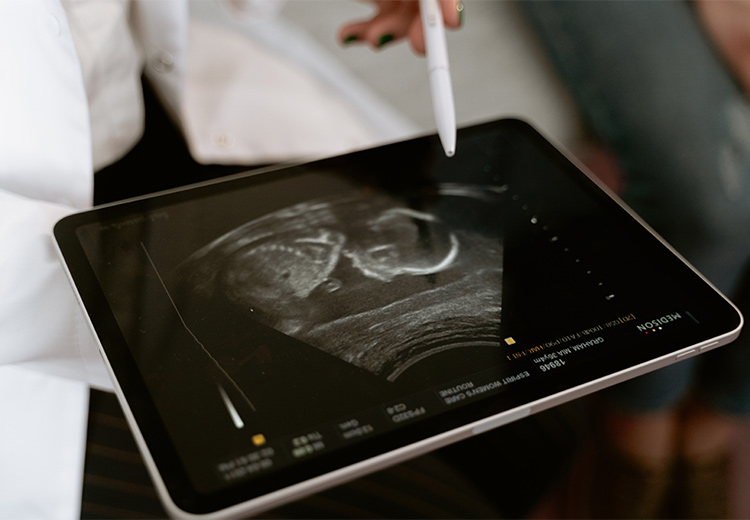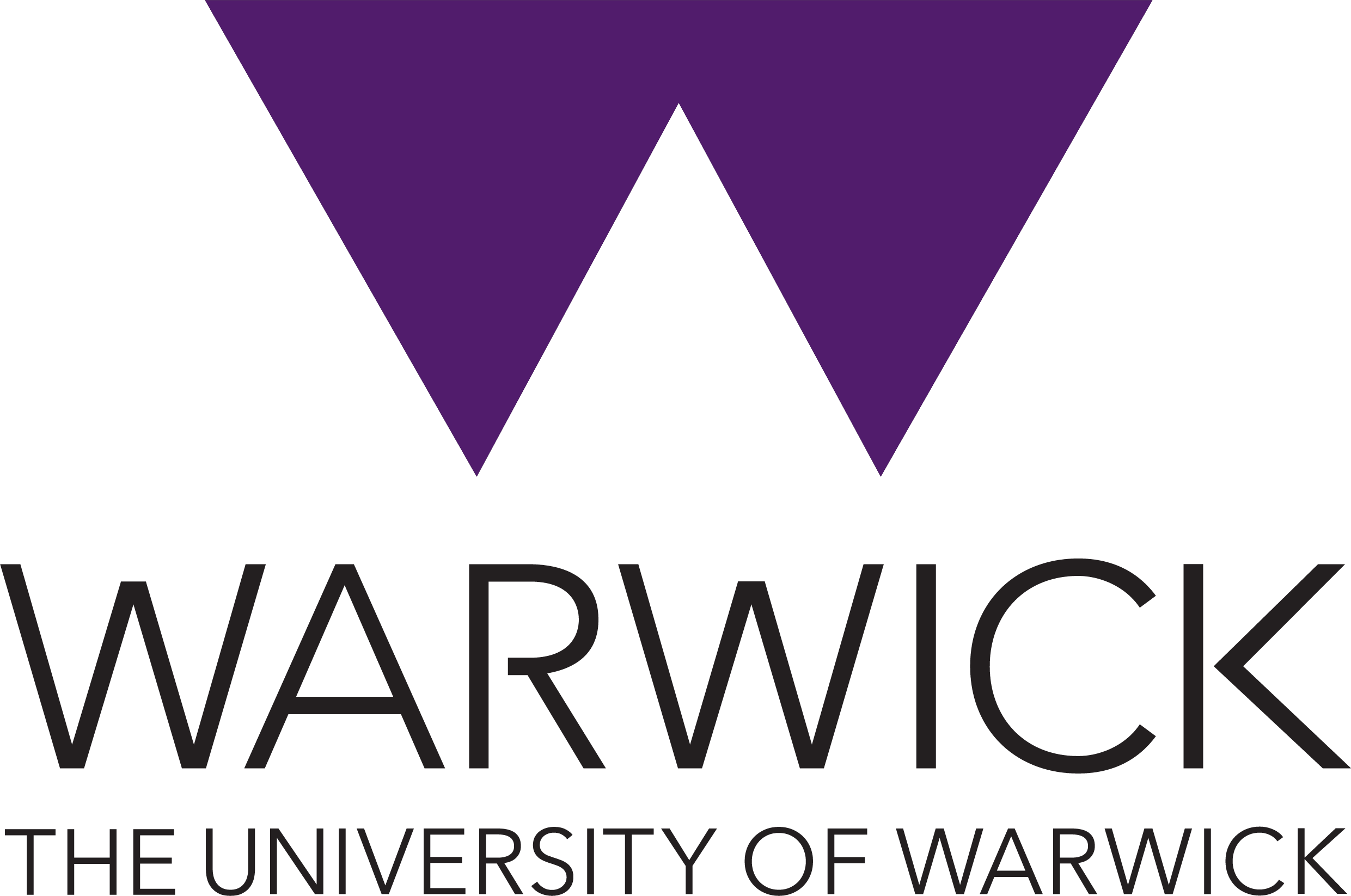The University of Warwick fosters collaboration to drive progress in fertility research

Sponsored by

Sponsored by

The University of Warwick’s medical school has collaborated with UK charity Tommy’s and the NHS to improve services and increase access for a diverse range of users
As centres of innovation, universities play an important role in pushing the frontiers of knowledge to drive progress. This is embedded in the culture of The University of Warwick, where researchers are supported in turning research findings into tools and solutions that have a positive impact on society.
“The research culture at The University of Warwick has a lot to do with innovation, working with industry, working with businesses and supporting the local economy,” says Siobhan Quenby, director of the Biomedical Research Unit in Reproductive Health and professor of obstetrics at Warwick Medical School. “One of the major planks of the medical school’s strategy is to do impactful research.”
As a clinical academic, Quenby balances her time between her roles as an NHS clinician and as an academic. The professor says this makes her a better doctor as it enables her to bring her research expertise and Warwick’s culture of academic innovation to her clinical practice.
Quenby played a substantial role in developing an online support mechanism called Tommy’s Miscarriage Support Tool. It was developed by collecting data from patients who attended Quenby's miscarriage clinic over a period of five years. Mathematicians at The University of Warwick then analysed the data to develop an algorithm that predicts the likelihood of a successful pregnancy.
The algorithm was made accessible to the public through the Miscarriage Support Tool, developed in partnership with the information team at Tommy’s, the UK charity dedicated to funding research into the causes of and treatments for pregnancy complications and loss, while offering support services and resources to families.
The Miscarriage Support Tool is designed to assist those who have experienced a miscarriage by predicting the chances of a successful subsequent pregnancy and providing personalised support. Users whose results indicate a greater risk of miscarriage are offered one-to-one support from the midwives at Tommy’s. The tool is currently used by about 30,000 people a year, which is a great example of mathematicians, the NHS and charities working together to achieve something impactful, says Quenby.
“Collaboration is critical,” says Quenby. “To solve any patient-facing problem, you need different types of expertise, and you need a culture where people are keen to work together.” The professor adds that moving the tool from a research perspective to make it more user-friendly for patients was challenging as there were language and concept barriers. “The great thing was everyone was very happy to keep working through these problems until we got something that was really good and usable and also accessible to people from all walks of life,” she notes.
Quenby considers it a privilege to be in a position where she can identify problems as a clinician and initiate problem-solving as a researcher. “It’s a close relationship between the patients, the limitations of knowledge and what we are going to do about the limitations of knowledge,” she says.
This approach allows patients to play a crucial role in propelling the research forward. “Because I am heavily involved in research, I can say, ‘This is exactly how much we know and this is the bit we don’t know. But there are these research programmes that you can join,” explains Quenby. “Then patients are part of the solution and part of driving the research.”
To further enable a research culture that strives to engage with local communities and make an impact, students and academic trainees at Warwick Medical School are encouraged to develop and present abstracts at scientific conferences and work on research projects for publication.
“We have developed a fantastic pipeline where we identify medical students with enthusiasm to do research. So, it’s a great culture where you can grow people all the way through,” says Quenby. She points out that encouraging students to participate in research projects is important as it marks the beginning of a lifelong career. “It’s just a matter of enthusing them and showing them what’s available.”
Find out more about research at The University of Warwick.